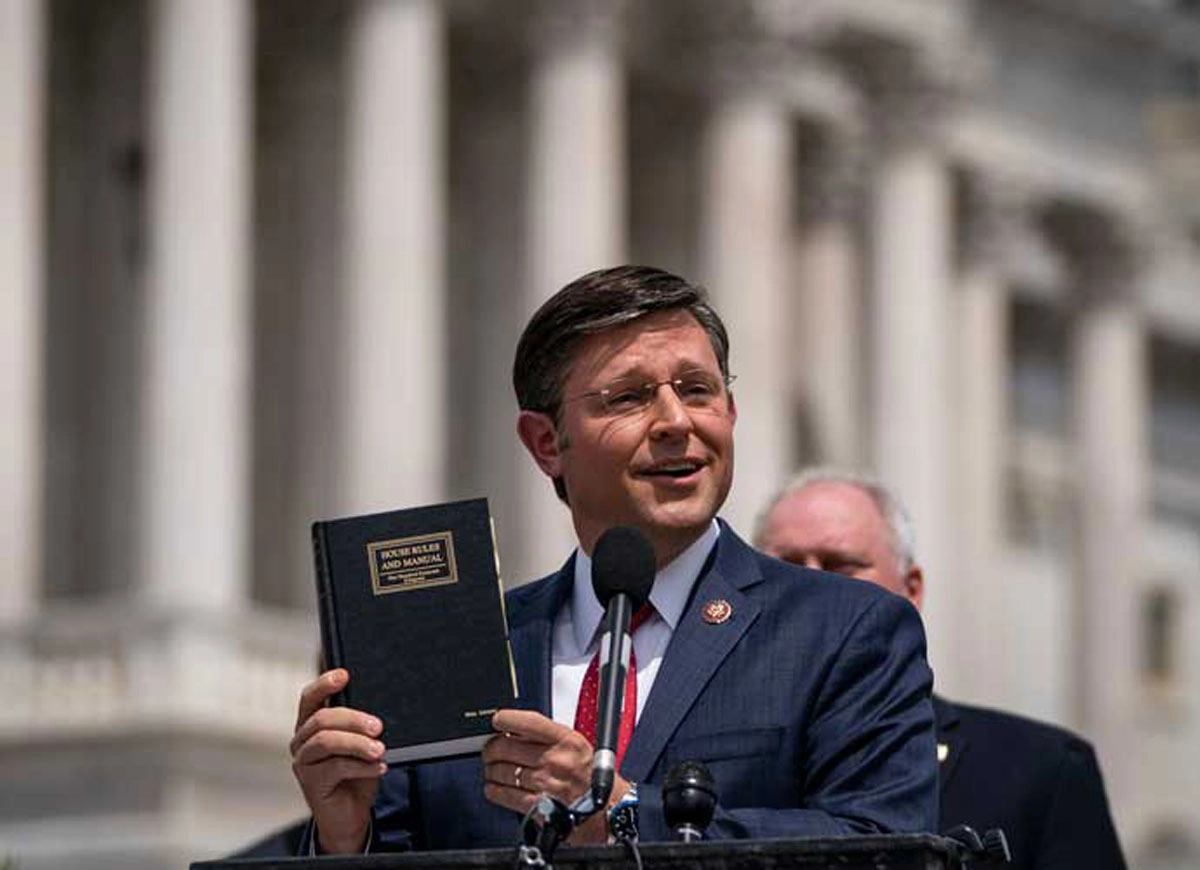GOP Budget Kills Biden’s Green Energy Tax Credits, Doubles Down On Greenhouse Gas-Emitting Coal & Oil Production
Republican lawmakers are moving to dismantle federal green tax incentives with the advancement of the One Big Beautiful Bill Act, a sweeping piece of legislation that combines cuts to environmental programs with overhauls to food assistance and Medicaid, additional defense funding for the construction of a Golden Dome missile defense system, and the expansion of President Donald Trump’s proposed tax breaks.
The mega-budget bill passed the House by one vote on Thursday.
Green energy tax credits, dating back to President Jimmy Carter’s Energy Tax Act of 1978, are federal incentives designed to make sustainable and clean energy more affordable for both consumers and companies. They include credits for electric vehicles, renewable energy like wind and solar, upgrades to household energy efficiency and clean corporate manufacturing.
Democrats have a long history of championing the credits, with President Barack Obama’s 2009 EV credit helping to stimulate the then-up-and-coming electric vehicle market and President Joe Biden’s 2022 Inflation Reduction Act (IRA) significantly expanding green incentives. But House Republicans are ready to roll them back.
Subscribe to our free weekly newsletter!
A week of political news in your in-box.
We find the news you need to know, so you don't have to.
Republican leaders are moving to repeal the incentives, arguing that they are too costly, that the breaks are ballooning beyond initial projections, and that some credits, specifically those for EVs, are ineffective at reducing emissions.
In a letter signed by 38 House Republicans calling for repeal, they argued that the U.S. should “double down on what they call “dependable, proven energy like coal and natural gas” rather than continue the already well-underway transition to clean, safe, renewable energy.
The same letter criticized the effect of renewables on traditional energy, stating that solar’s rapid growth “displace[s] reliable coal and natural gas and the domestic jobs they produce.”
House Speaker Mike Johnson (R-Louisiana) and other GOP leaders back the repeal to redirect spending toward conservative priorities and bolster traditional energy work sectors.
The bill would end EV tax credits, slashing the $7,500 new vehicle credit and $4,000 used vehicle credit after 2025, with limited exceptions for specific manufacturers. It also begins the process of phasing out clean energy incentives, reducing credits for wind, solar, nuclear and other renewables to 80% in 2029, 60% in 2030, 40% in 2031, and eliminating them for new projects after 2031.
Hydrogen production credits would end for projects starting after 2025, and incentives for rooftop solar, EV chargers, and household efficiency appliances. The bill also imposes new restrictions on projects using materials or components sourced from embargoed nations like China.
Get the most-revealing celebrity conversations with the uInterview podcast!






Leave a comment